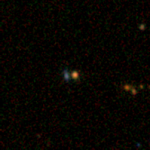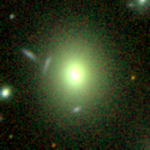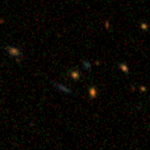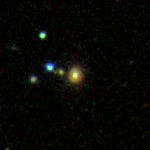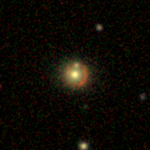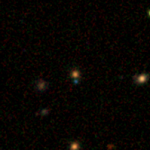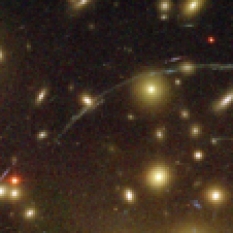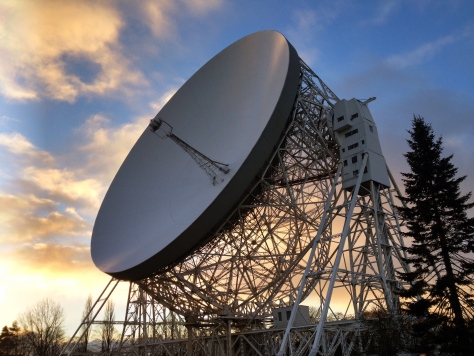
BBC Stargazing Live 2014 has been asking people to visit the Zooniverse’s Space Warps site to identify gravitational lenses: extremely rare events caused by one galaxy passing in front of another (very distant) galaxy. Tens of thousands of you have taken part and classified more than 6.5 million images.
Your classifications have already led to the discovery of more than 50 potential gravitational lenses! Amongst them are several beautiful and interesting discoveries. You can see a few of our favourite candidates above. For Stargazing Live’s third and final show we have focussed on the spectacular red arc/ring shown below, it has been nicknamed 9io9 by the team right now, because of it’s Zooniverse ID. You can see more of what our volunteers are saying about it here on Talk.
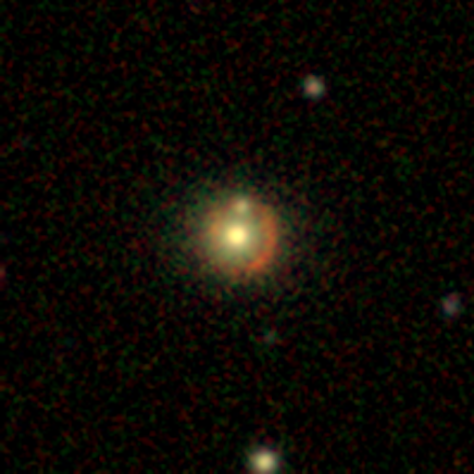
The Space Warps team have produced a model of it and currently think the background (red) galaxy is at redshift of about 2, which means the light has taken more than 10 billion years to reach us! You can see the comparison of the model and the data below. There’s a chance it could be further away but we’ll keep you posted. The nearer object (white/yellow) is about 2 billion light years away and has a mass of 100 billion times that of our Sun – which makes it about the same size as our own galaxy.
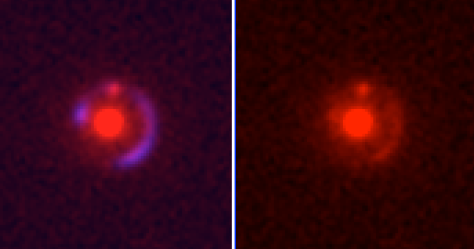
We know all this because we have spent the last 24 hours calling in every favour we have worldwide. The Space Warps science team, and various Zooniverse scientists from other projects, have been literally asking favours from people using the world’s biggest telescopes. We were even able to get some time on the massive Keck telescope in Hawai’i, where astronomers were having to break ice off the dome to get data. Astronomers love a good challenge!
Of course Stargazing Live is filmed at Jodrell Bank, home to one of the world’s largest radio dishes: the Lovell Telescope. This candidate lens is perfect for a radio observation – which can tell us more about its mass and position in space – and I’m excited to say that the giant dish is observing the target as I write!
Space Warps has been a huge success over the past three days and the project continues! Every classification on Space Warps helps our computers understand the whole data set, and so in a way all the objects discovered on Space Warps are the result of everybody’s combined work. You can keep up to date with news from Space Warp via the project’s blog, Twitter and Facebook sites.
A huge thank you to the BBC crew, the Jodrell Bank team, the Space Warps scientists, developers and moderators, and to everyone that took part this week. Keep clicking!

